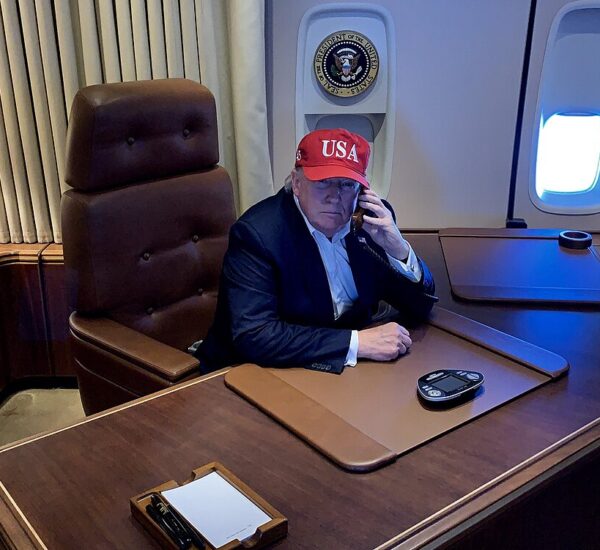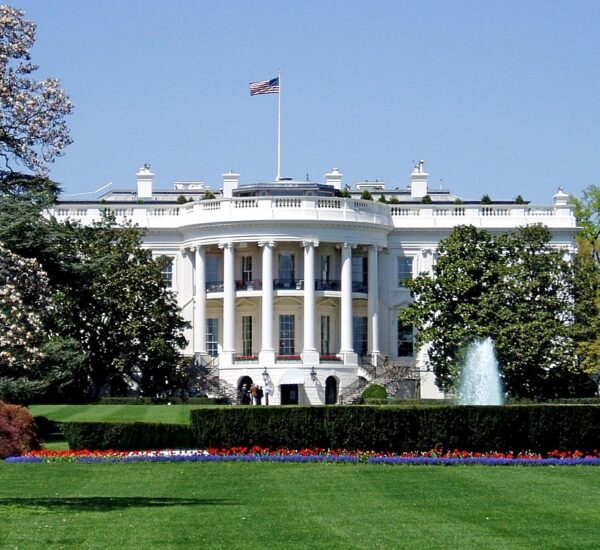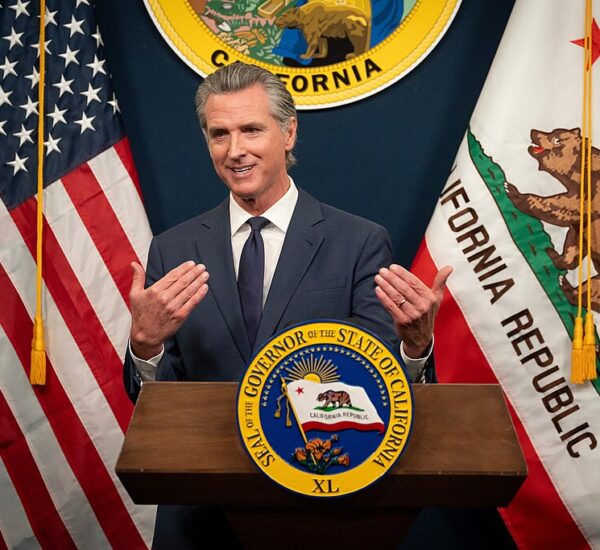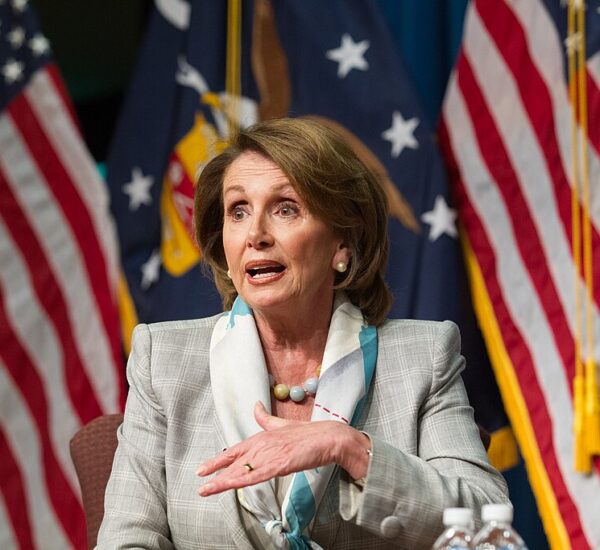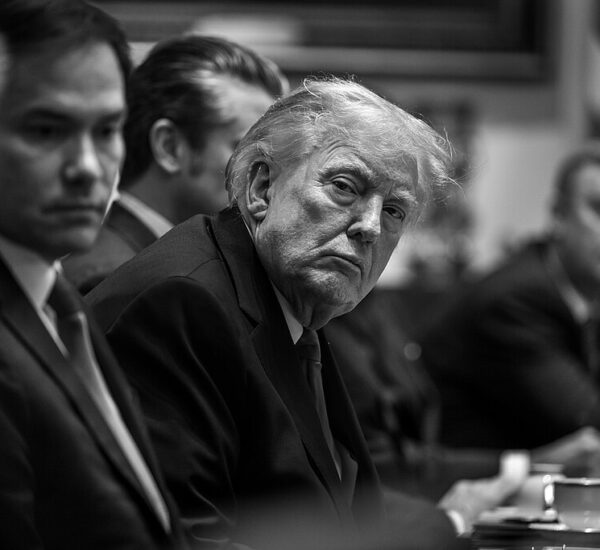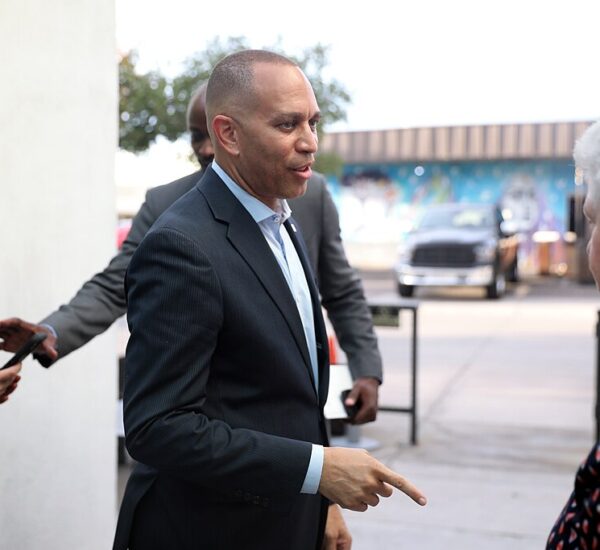Kari Lake Raises Eyebrows With Latest Move
President-elect Donald Trump has selected Kari Lake, a former Arizona news anchor and prominent GOP candidate, to lead the Voice of America (VOA), the government-funded news agency that broadcasts U.S. news and information globally. The nomination is raising concerns over the potential for partisan influence at a critical time when VOA’s objectivity is under scrutiny.
Lake, who has long been an ally of Trump, notably ran for governor and U.S. Senate in Arizona, and built her reputation with outspoken criticism of the media and baseless claims about election fraud. Trump’s vision for her leadership is clear: He wants her to “ensure that the American values of Freedom and Liberty are broadcast around the world fairly and accurately,” counteracting what he refers to as the “Fake News Media.”
However, some critics fear that Lake’s appointment could transform VOA from a global news service into a tool for promoting Trump’s agenda. Joe Peyronnin, a former broadcast news executive, expressed concerns that Lake’s leadership could make the VOA “a global mouthpiece for President Trump” rather than an independent news organization. VOA’s historical mission has been to provide accurate, unbiased reporting that reflects American values without being influenced by political forces.
Despite the growing anxiety within the agency, Lake has been outspoken about her vision for VOA. She has promised to highlight America’s achievements on the global stage and push back against what she perceives as the mainstream media’s biased coverage. In a recent social media post, Lake wrote that “it would be an absolute shame to let the fake news cover America’s resurgence under Trump without pushback,” vowing to ensure VOA serves as a platform for American greatness.
Supporters of Trump, including former White House strategist Steve Bannon, have lauded Lake’s appointment, calling her a perfect fit for VOA’s mission. Bannon praised her “energy, dynamism, and patriotism,” qualities he believes are crucial for reshaping the agency’s global influence.
While the final decision rests with the U.S. Agency for Global Media (USAGM), a Senate-confirmed position, most experts predict Lake will ultimately be confirmed. The USAGM, which oversees VOA, is designed to protect editorial independence, but it remains to be seen whether that structure will be upheld under Lake’s leadership. There is also the potential for greater oversight from the bipartisan International Broadcasting Advisory Board, which advises the USAGM CEO to ensure journalistic integrity is maintained.
Critics argue that any move to politicize VOA would undermine its credibility, especially given the agency’s history of independence. Under Trump’s first term, the VOA and its parent agency, the USAGM, became embroiled in controversy. Former CEO Michael Pack faced accusations of political interference, including retaliatory actions against employees perceived as insufficiently loyal. Some feared that such actions would undermine the integrity of the agency’s reporting, particularly in regions where independent journalism is often under attack.
As the VOA prepares for this new chapter, staffers are reportedly anxious about the direction the agency could take under Lake’s leadership. Many VOA journalists, who often work in conflict zones and cover sensitive issues, are wary of politicization, fearing it could compromise their ability to report the truth.
However, Trump’s supporters view Lake’s nomination as an opportunity to bring a much-needed overhaul to U.S. international broadcasting, ensuring it reflects a more conservative perspective on global affairs. Whether this vision succeeds will depend largely on how well Lake can balance her political convictions with the VOA’s mission to provide objective, unbiased news to millions of viewers worldwide.
As the process unfolds, one thing is clear: Kari Lake’s leadership at VOA will be a defining moment for the agency, with significant implications for how the United States is perceived on the global stage. The question remains whether she will prioritize American values or political loyalty in her approach to leading the voice of America.

